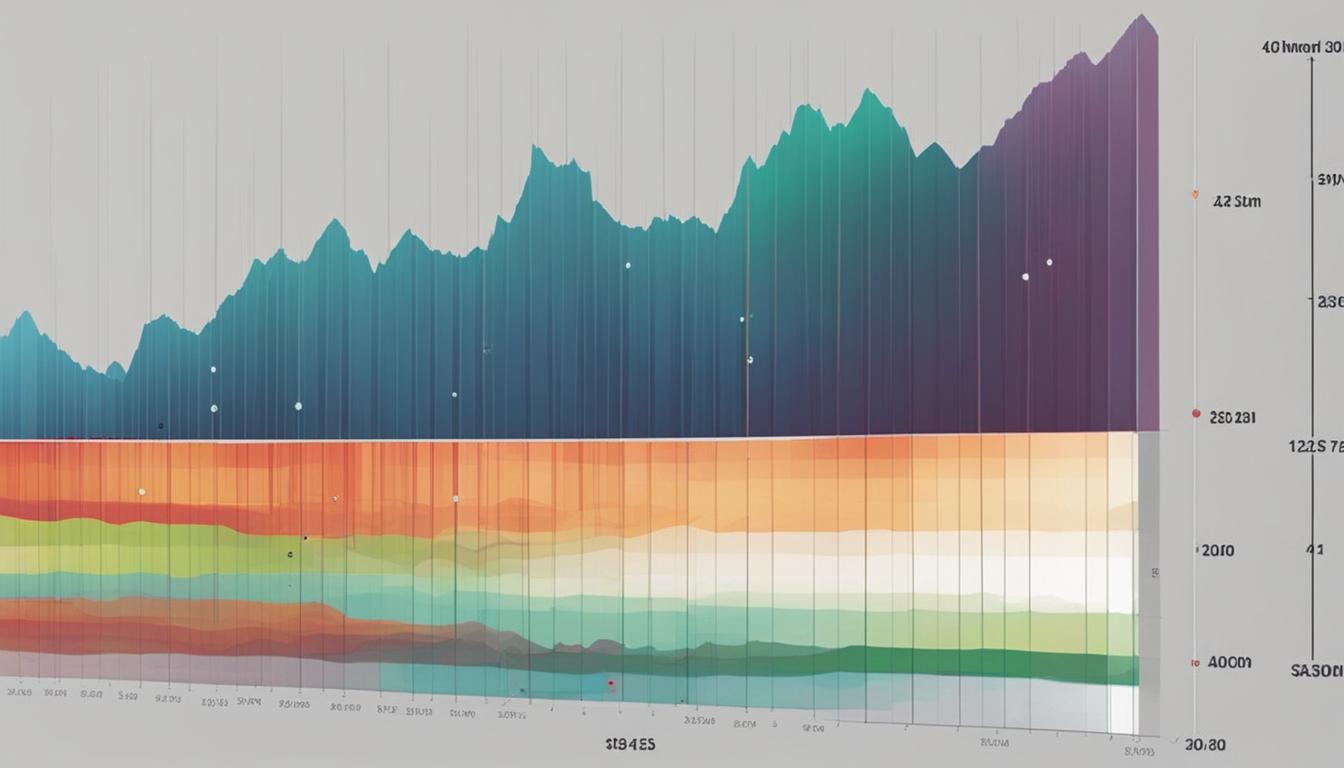Sentiment analysis, also known as opinion mining, is a powerful natural language processing (NLP) technique used to determine the sentiment (positive, negative, or neutral) of data. It is often used by businesses to analyze customer feedback, such as reviews and social media conversations, to monitor brand and product sentiment and understand customer needs. Sentiment analysis can be performed using various NLP techniques, models, tools, and libraries. It helps businesses unlock valuable insights, enhance customer experience, and make data-driven decisions.
<!–
Table: Comparison of Sentiment Analysis Approaches
| Approach | Pros | Cons |
|---|---|---|
| Rule-based Approach | Interpretable results | Limited by available lexicons |
| Machine Learning Approach | Handles language nuances | Requires large training data and computational resources |
| Hybrid Approach | Combines strengths of both approaches | May require more complex implementation |
–>
| Approach | Pros | Cons |
|---|---|---|
| Rule-based Approach | Interpretable results | Limited by available lexicons |
| Machine Learning Approach | Handles language nuances | Requires large training data and computational resources |
| Hybrid Approach | Combines strengths of both approaches | May require more complex implementation |
Applications of Sentiment Analysis
Sentiment analysis is a versatile tool with a wide range of applications across industries. By analyzing customer feedback and opinions, businesses can gain valuable insights into various aspects of their operations.
Customer Satisfaction: Sentiment analysis enables businesses to gauge customer satisfaction levels by analyzing feedback from surveys, social media conversations, and product reviews. This information helps businesses identify areas for improvement and enhance the overall customer experience.
Brand Reputation: Monitoring brand sentiment is crucial for maintaining a positive reputation. Sentiment analysis can track online conversations, social media mentions, and customer feedback, allowing businesses to respond promptly and address any issues that may arise. This helps protect and enhance brand reputation.
Social Media Monitoring: Sentiment analysis is particularly useful for monitoring social media platforms. It allows businesses to track the sentiment and opinions surrounding their brand, products, and industry. By staying informed about conversations happening online, businesses can respond to customer concerns, engage with their audience, and address any potential issues in real-time.
Product Reviews: Sentiment analysis can be applied to analyze product reviews, providing businesses with insights into customer opinions and preferences. By understanding what customers like or dislike about a product, businesses can make data-driven decisions to improve their offerings and tailor them to better meet customer needs.
Overall, sentiment analysis empowers businesses to stay connected with their customers, gauge public sentiment, and make informed decisions. By leveraging the power of sentiment analysis, businesses can enhance customer satisfaction, monitor brand reputation, and improve their products and services.
Conclusion
Sentiment analysis is a highly valuable tool that offers numerous benefits to businesses. One of its key advantages is the ability to process large amounts of unstructured data in a scalable manner. With sentiment analysis, businesses can efficiently analyze customer feedback, social media conversations, and other forms of data to gain valuable insights into sentiment.
Real-time analysis is another crucial feature of sentiment analysis. By quickly analyzing sentiment, businesses can identify critical issues and take immediate action to address them. This helps in maintaining customer satisfaction and improving brand reputation in a dynamic and ever-evolving market.
A centralized sentiment analysis system allows for the application of consistent criteria in analyzing sentiment. This ensures that businesses can maintain accuracy and obtain reliable insights. By consistently analyzing sentiment, businesses can make informed decisions and enhance their understanding of customer needs and preferences.
Sentiment analysis has a wide range of applications across industries, from marketing and customer service to clinical medicine. It serves as a powerful tool for enhancing customer experience, monitoring brand reputation, and making data-driven decisions. By leveraging the benefits of sentiment analysis, businesses can stay ahead of the competition and build strong relationships with their customers.
Source Links
- https://aws.amazon.com/what-is/sentiment-analysis/
- https://en.wikipedia.org/wiki/Sentiment_analysis
- https://monkeylearn.com/sentiment-analysis/
- Regulatory and Compliance: Pioneering the Future of Saudi Arabia’s Dedicated Cargo Airline - December 21, 2024
- Financial Strategies: Fueling the Growth of Saudi Arabia’s Dedicated Cargo Airline - December 20, 2024
- Operational Excellence: Ensuring Competitive Edge for Saudi Arabia’s Dedicated Cargo Airline - December 19, 2024






